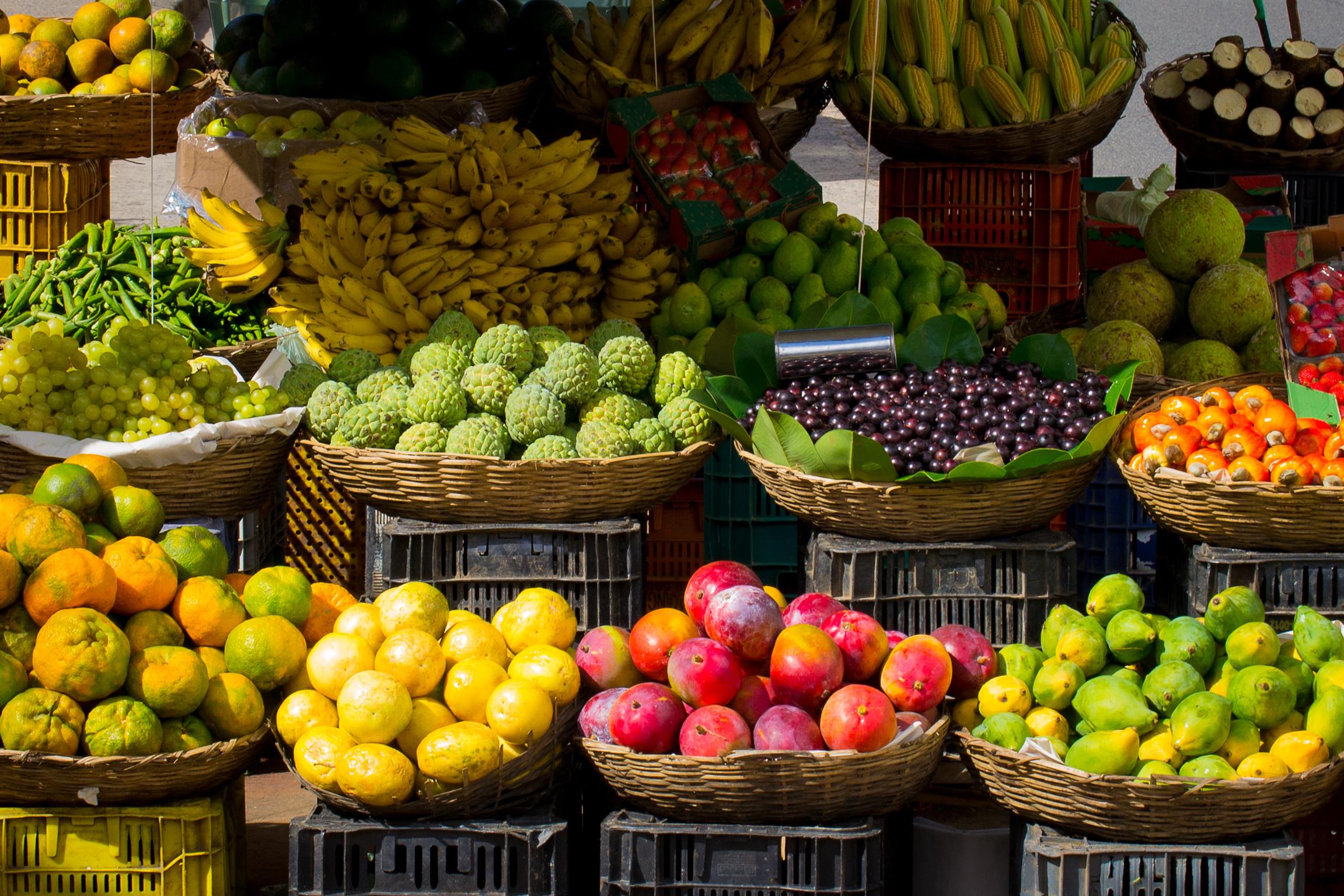Why do we need Carbohydrates and which ones are ‘good’ for us?
Why do we need Carbohydrates?
Carbohydrates are an ideal source of energy for our bodies because they are converted into Glucose far more easily than protein or fat.
Glucose is used in a number of ways – It is sent to the liver, the muscles store it as glycogen and it is used as fuel or sent to the fat tissue where it is used to help store fat.
It is incredibly important for energy, exercise, and brainpower.
Finding the Balance
Getting too much glucose can upset the balance of the blood sugar level, resulting in fluctuations in energy and mood. It is important to make sure we eat balanced meals containing protein and fat as well.
Types of Carbohydrate
These are the 3 types, some of which our bodies need more than others, but all play a part in the optimum health of our bodies.
- Simple (aka sugar)
- Complex (aka starch)
- Non-Starch Polysaccharides (aka fiber!)
Simple Carbohydrates
Simple Carbohydrates have a very basic structure and usually contain one or two units of sugar (glucose, fructose, and galactose).
This is fast-release energy.
The energy can’t be released without specific vitamins and minerals.
Vitamin B is particularly important as the body can not use carbohydrates without them.
Healthy Simple Carbohydrates
Healthy natural food contains vitamins, minerals and antioxidants, and high levels of fiber that give the body what it needs to function well. Examples of healthy simple carbohydrates include –
- Fruit
- Honey
- Date nectar
- Fruit syrup
- Molasses
- Agave nectar
- Maple syrup
These are healthy but are still simple and therefore should be used in moderation.
High Sugar Fruits
Be mindful of high sugar fruits because these can boost insulin too.
Higher sugar fruits include –
- Dates
- Grapes
- Bananas
- Mangoes
- Apples
- Pears
- Plums
‘Unhealthy’ Simple Carbohydrates
Unhealthy Simple Carbohydrates:
- Contain excessive sugar
- Processes low-quality fats
- Have a high energy density
- Contain no vitamins or minerals
- and adversely affect Insulin response and encourage fat storage
‘Unhealthy’ Simple Carbohydrates can be helpful if an insulin spike is required. Otherwise, you may want to be very mindful about the amount you eat because they encourage the body to store fat.
Complex Carbohydrates
Complex carbohydrates are often described as starch. They consist of many units of glucose all joined together in long, complicated branched chains. Once eaten these chains break down into glucose. The glucose is then absorbed into the bloodstream and either stored or metabolised correctly.
Refined and Unrefined Complex Carbohydrates
Refined Carbohydrates
These are mainly ‘white’ processed products such as:
- White Bread
- White pasta
- Cakes
- Biscuits
- Pastries
- White rice
- Rice cakes
They also have similar qualities to the ‘unhealthy simple carbohydrates
- contain excessive sugar (over 15g per 100g)
- processed low-quality fats
- have high-energy-density
- have no vitamins or minerals
- adversely affect Insulin response and encourage fat storage
Again, these can be helpful if an insulin spike is required but otherwise these items are of little benefit to the body.
Unrefined Carbohydrates contain:
- Fructose and glucose in varying amounts
- Antioxidants and Phytochemicals
- High levels of dietary Fiber
- Vitamins and minerals
- Traces of amino acids
Examples include :
- wholemeal or whole-grain products
- whole-grain rice
- vegetables
- pulses
- quinoa
Unrefined Carbohydrates and Fibre are the ones that we really want to use to make up 40% of our recommended intake.
Non-Starch Polysaccharides – Fibre
Fiber is an essential part of a healthy balanced diet and it is found in:
- Fruits
- Vegetables
- Grains
- Beans
It doesn’t provide much energy but is vital for a healthy body because it aids the transportation of foods through the digestive system. There are two types of fiber.
Insoluble Fiber:
- Unrefined wheat
- Bran
- Rye
- Rice and most other grains
- Fruit and vegetable skins
Benefits of insoluble fibre include:
- Helps with the passage of food. This reduces the incidence of constipation
- Helps reduce the risk of haemorrhoids (piles)
- Acts as food for our gut microbes, promoting the growth of good bacteria
- It can help reduce the incidence of diverticulitis (inflammation in the intestines)
- It can keep us feeling fuller for longer
Soluble Fiber:
- Beans
- barely
- broccoli
- prunes
- apples
- citrus fruits
- oats
Benefits of soluble fibre include
- Helps eliminate cholesterol from the body. It lowers LDL cholesterol (the bad one), which in the long run can protect against heart disease
- Helps to stabilise blood sugar levels as it slows down the digestion of foods, including carbohydrates. This helps prevent spikes in blood sugar levels
- Acts as food for our gut microbes, promoting the growth of good bacteria
- Weight management. Because it slows down the digestion of food, it can leave us feeling fuller for longer
Conclusion
If it has been processed or refined it is likely that it will affect Insulin response and encourage fat storage.
Keep close to the ground
Food produced by the earth rather than by man will contain vital ingredients to contribute to a healthy body and mind.
Intuitive Eating
Listen to your body and try to check in to see how you really feel after you have eaten
Our eating habits and history differ dramatically and therefore so do our bodies and our goals.
Be intuitive, really listen to your body.









Leave a Reply
Want to join the discussion?Feel free to contribute!